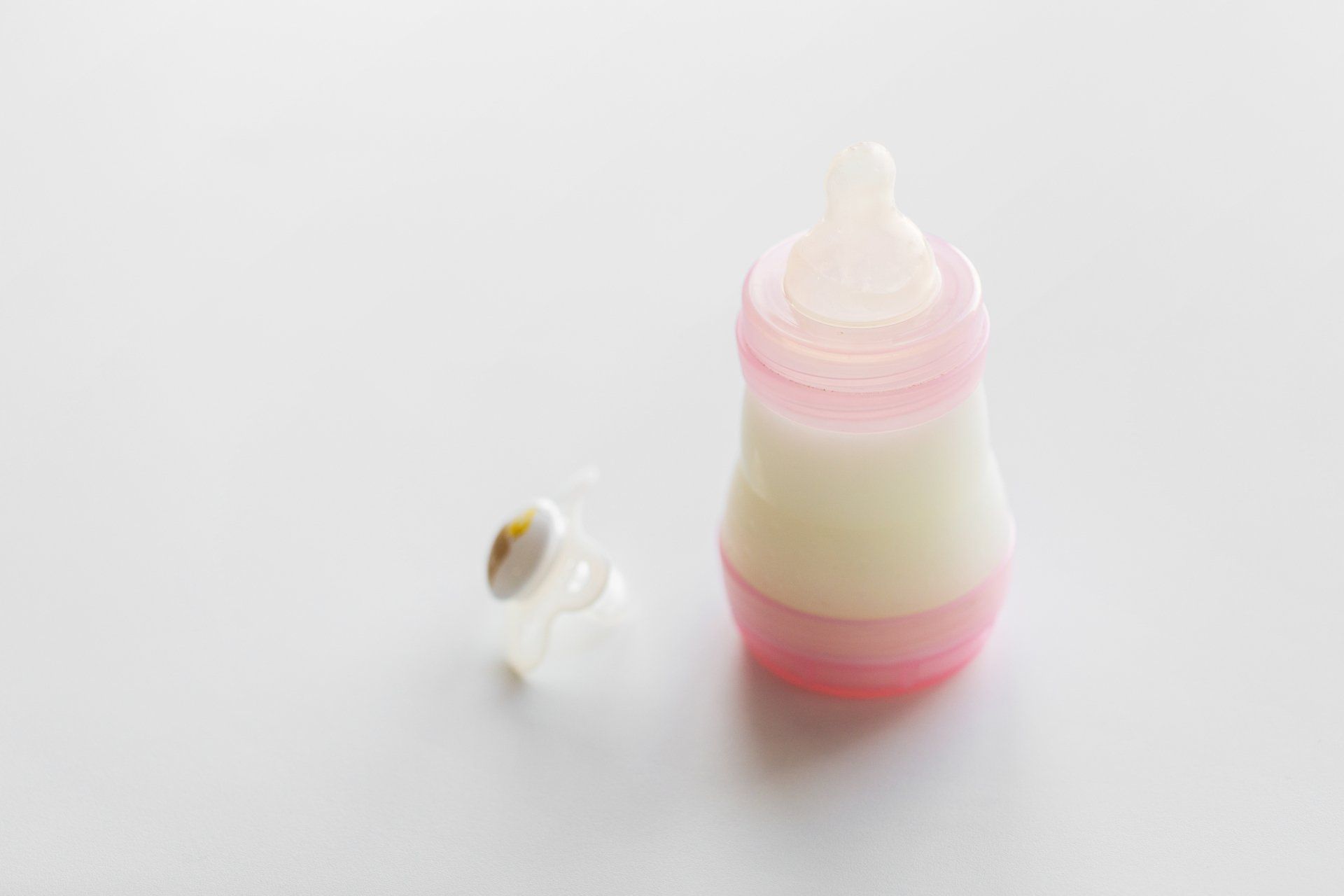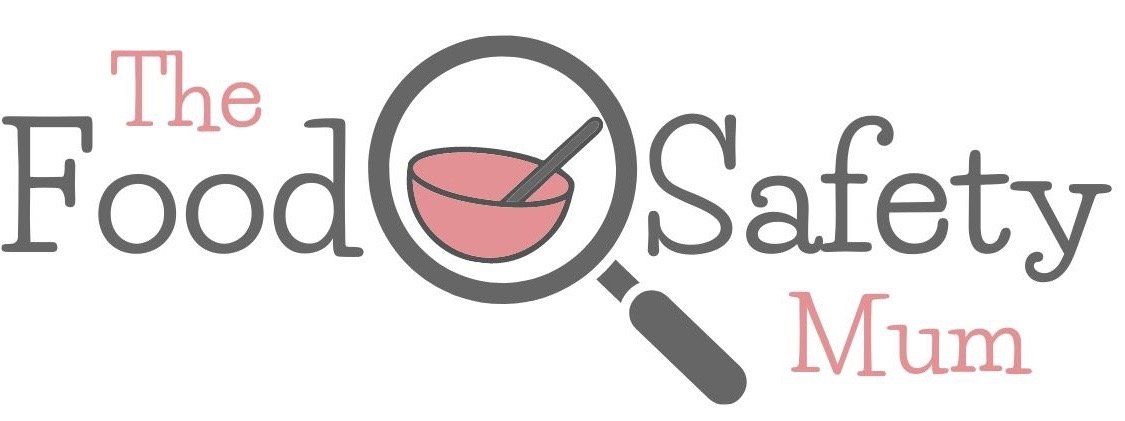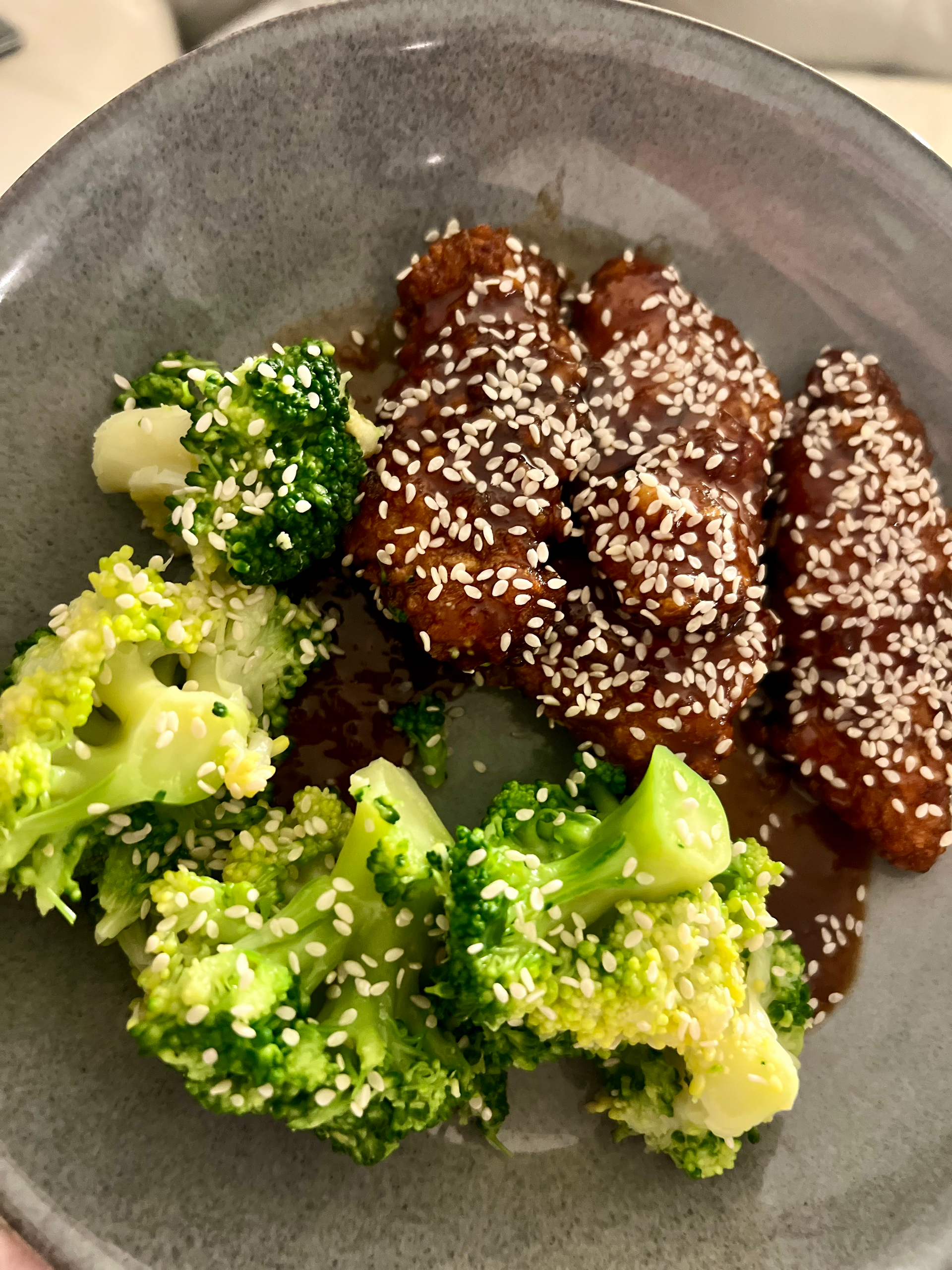Allergens - Labelling & The Law!
- Celery – (May also be listed as celeriac)
- Cereals containing Gluten (such as barley, wheat, oats, rye, spelt)
- Crustaceans (such as prawns, crabs and lobsters)
- Eggs
- Fish
- Lupin
- Milk
- Molluscs (such as mussels and oysters)
- Mustard
- Nuts (tree nuts such as almonds, hazelnuts, walnuts, brazil nuts, cashews, pecans, pistachios and macadamia nuts)
- Peanuts
- Sesame
- Soybeans (soya)
- Sulphites
Please note that from 1st October 2021, food defined as ‘pre-packed for direct sale’ will too come under the pre-packed food requirements with full ingredients required to be listed on the packaging with allergens emphasised…. This is the outcome of years of campaigning for ‘Natasha’s Law’ after she tragically died after consuming a sandwich from Pret a Manger in 2016.
May Contains - What's the Deal?!
On most food packaging you will often see precautionary allergen labelling such as 'may contain'..... although you may also see other phrases such as 'Made in a Factory that also handles X' or 'Not suitable for'. You may have wondered to yourself whether this precautionary labelling is just manufacturers simply 'covering themselves' or could it actually contain the allergen?
Whilst there are many things a food manufacturer or business can do to remove the risk of an allergen cross-contamination, there may still be a real risk of cross-contamination where there is no guarantee that all traces will be removed; for example when several different products are made on the same site or using the same production line. This must be risk assessed by the manufacturer and therefore 'May Contain' labelling should only be used where there is a real risk of contamination.
For this reason, 'may contain' warnings must always be taken seriously, although the severity of your allergy will often determine whether you can tolerate products that carry a 'may contain' warning.
MYTH BUSTING
I have an allergy... Surely I can just choose the vegan option?
Not necessarily! Whilst food listed as vegan will not contain animal-based allergens such as egg, fish, crustaceans, molluscs and milk as ingredients, there may still be a possibility of unavoidable cross-contamination that could occur during production.
The Vegan Society does not claim that products registered with the Vegan Trademark are suitable for people with allergies, so make sure you always check the label for any additional 'may contain' information.
Misleading Foods….
There are a number of foods which, despite having the word ‘nut’ in their name are not members of the tree nut or peanut families and not regarded as any of the 14 major allergens! For example:
- Coconut
- Chestnut
- Nutmeg
- Butternut Squash
- Pine Nuts
A little bit won’t hurt…..
For someone with a food allergy, even a trace of the food they are allergic to could trigger a severe reaction.
Ultimately, if you or your child suffers with an allergy, there is law in place to help you make informed choices about the food you eat or serve, although remember that it is always your decision whether you choose to eat something… or not.
Just make sure you ALWAYS carry your adrenaline auto-injector (such as your Epipen) on you and....
If in doubt, don’t take the risk!
Check out more blogs here











